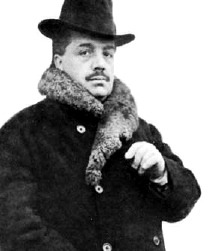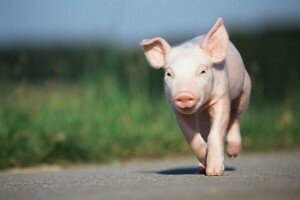 With the zodiac of the Pig taking center stage in the Chinese calendar in 2019, I decided to go on the hunt for “pig music” in the Western musical context. We all know about the Carnival of the Animals, Peter and the Wolf and a huge number of references to birds in music, but I wasn’t optimistic of finding much on the pig. However, I quickly realized that the pig has been immortalized in various musical contexts.
With the zodiac of the Pig taking center stage in the Chinese calendar in 2019, I decided to go on the hunt for “pig music” in the Western musical context. We all know about the Carnival of the Animals, Peter and the Wolf and a huge number of references to birds in music, but I wasn’t optimistic of finding much on the pig. However, I quickly realized that the pig has been immortalized in various musical contexts.

HK Gruber
Edvard Grieg: 25 Norwegian Folk Songs and Dances, Op. 17 “The Pig”
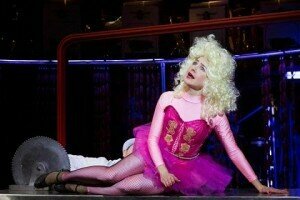
Gloria—A Pig Tale
The porcine plot is fairly straightforward. Gloria, sporting luxuriant blond curls, is the prettiest pig in the farmyard. Regrettably, by focusing all her attention on her beauty, she is not the brightest sow in the stable. Things get interesting when she mistakes a butcher for a handsome prince. In the end, all turns out well when a boar by the name of Rodney intervenes and saves her bacon. Set in a pigsty and performed by five singing sausages, which are ejected through the chute of a giant mincing machine, Gruber takes us back to the darkly comical satire of Bertolt Brecht and Kurt Weill. Blending dense ensembles with fanciful meditation—particularly when Gloria gazes at her beautiful reflection in a puddle—makes for a surprisingly flavorsome combination.
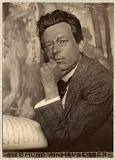
Siegmund von Hausegger
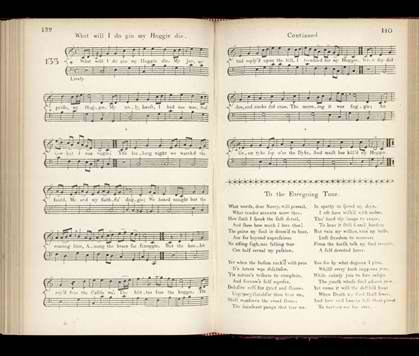 Noted for his interpretation of Beethoven and Liszt, he gave the first performances of the original versions of Bruckner’s 9th and 5th Symphonies. As a composer Hausegger followed in the tradition of the New German School, and taking the 1788 poetry of Robert Burns as a starting point, he composed an anguished song entitled “Mein Schweinchen” (My Hoggie). It actually might be all about sheep, but let’s go with the piggy theme, and with the translation of the poem used by Hausegger.
Noted for his interpretation of Beethoven and Liszt, he gave the first performances of the original versions of Bruckner’s 9th and 5th Symphonies. As a composer Hausegger followed in the tradition of the New German School, and taking the 1788 poetry of Robert Burns as a starting point, he composed an anguished song entitled “Mein Schweinchen” (My Hoggie). It actually might be all about sheep, but let’s go with the piggy theme, and with the translation of the poem used by Hausegger. What will I do gin my Hoggie die?
My joy, my pride, my Hoggie!
My only beast, I had nae mae,
And vow but I was vogie!
The lee-lang night we watch’d the fauld,
Me an my faithfu’ doggie;
We heard nocht but the roaring linn,
Amang the braes sae scroggie.
Siegmund von Hausegger: “Mein Schweinchen” (My Hoggie)
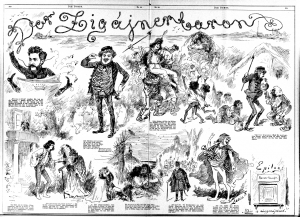
Johann Strauss’ Operetta The Gypsy Baron
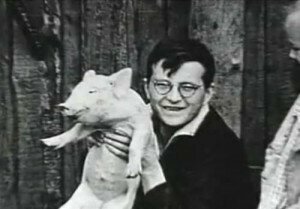
Shostakovich
Do you know of any more examples of pigs making their way into music? Please share with us, and we will put together more “Pig Episodes.”

